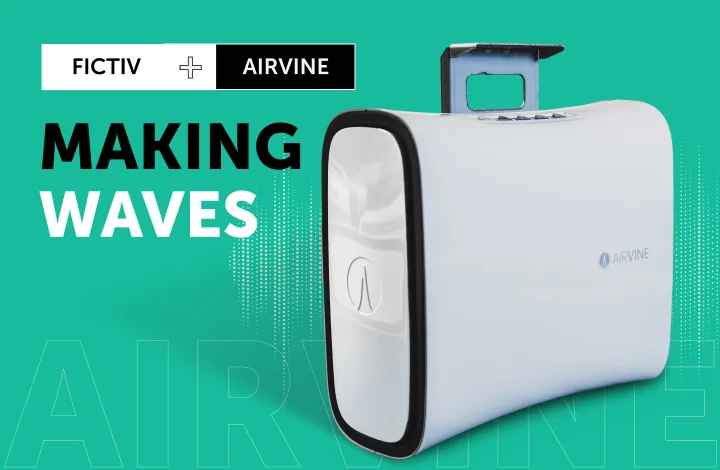Learn how Gecko Robotics partnered with Fictiv to manufacture tight tolerance custom robotics parts and accelerate development schedules.
About the team
Industry: Industrial Robotics
Product: Intelligent robotics solution for industrial asset inspection
Location: Pittsburgh, PA
Why Fictiv
Customer challenges: Needed a manufacturing partner that could help provide reliable parts on an ambitious schedule.
Favorite features: Instant CNC quotes, automated manufacturability feedback, tolerances as low as +/- 0.01mm
Result: Over 900 custom robotics parts manufactured with Fictiv
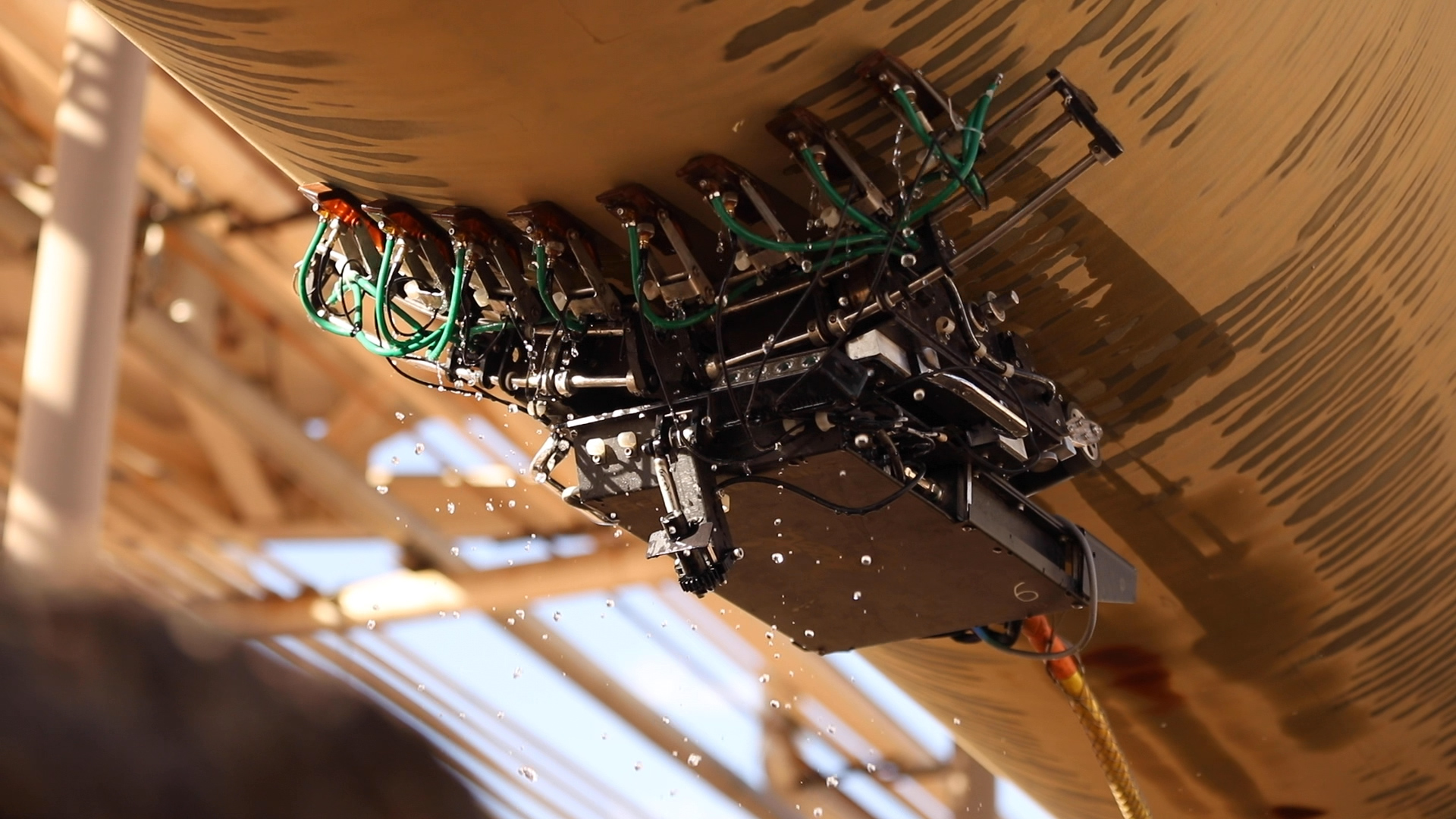
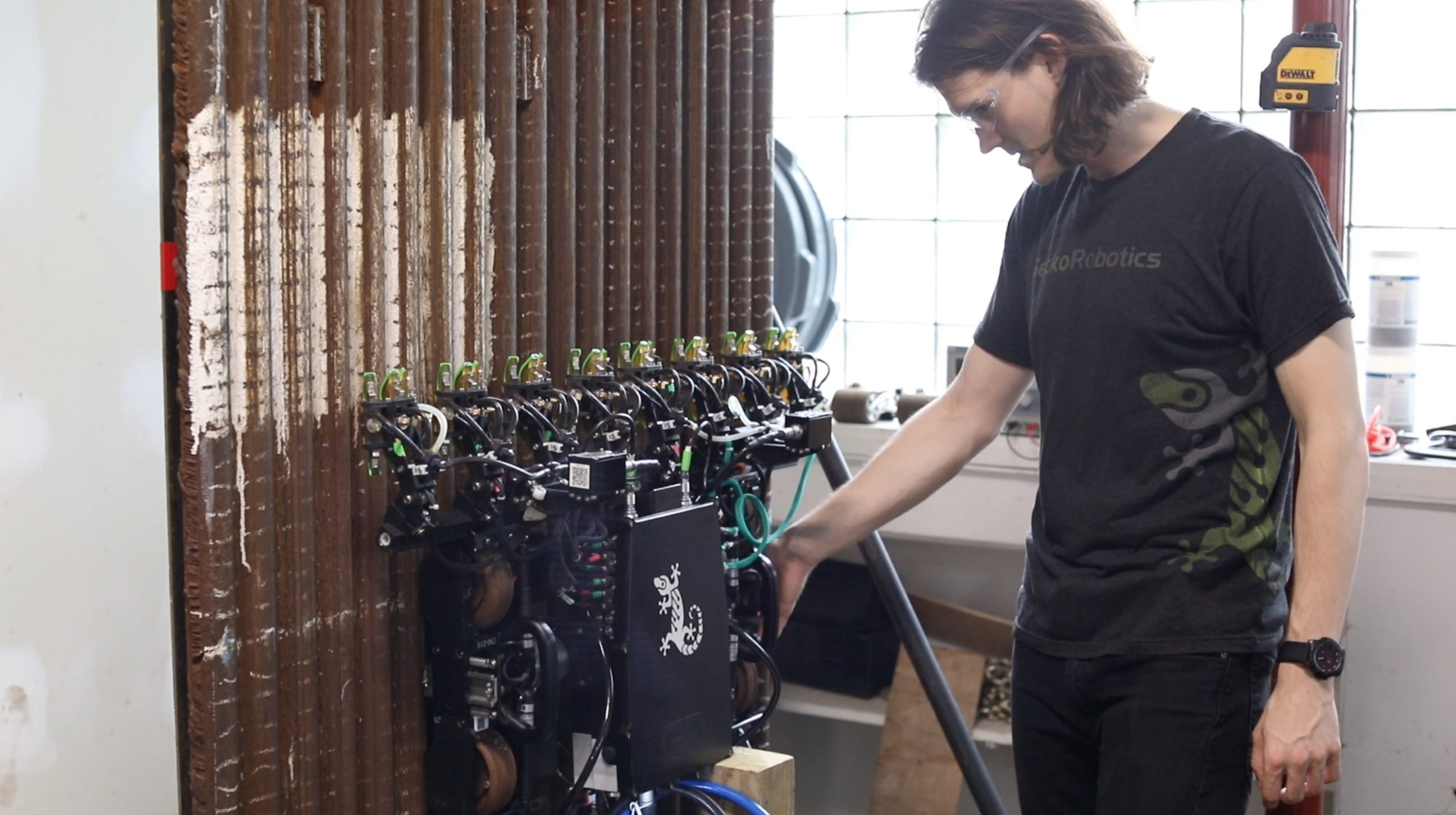
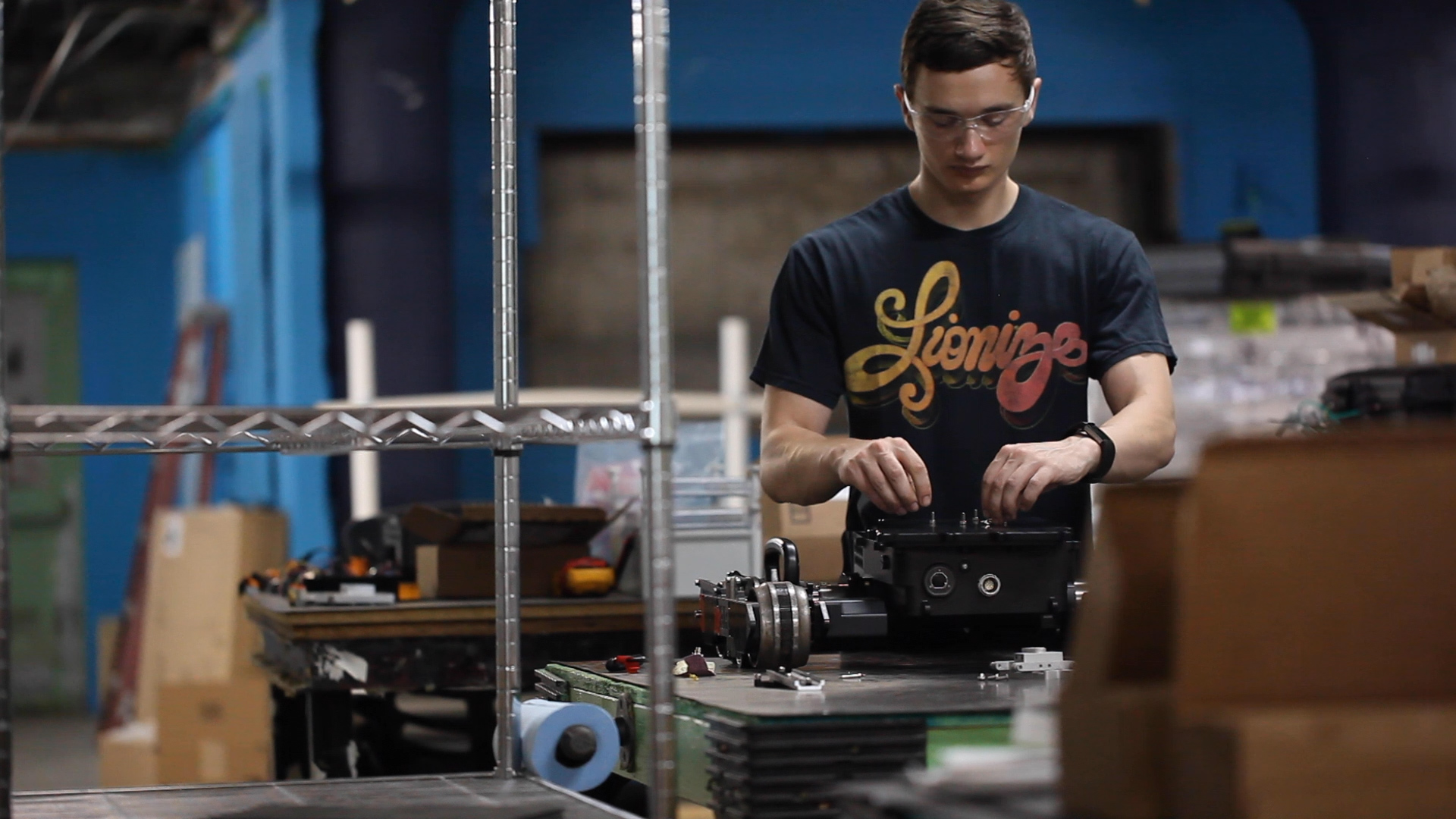
Sitting in the decommissioned elevator shaft of an old industrial warehouse in the historic Point Breeze neighborhood of Pittsburgh, PA, Ed Bryner and a small team of mechanical engineers watch a robot scale old, rusted piping.
Using Industrial Automation to Revitalize Infrastructure
“We rely so heavily on so many of these industrial assets and a lot of them are getting really old,” said Bryner, Director of Engineering at Gecko Robotics. “You see it with bridges and roadways. But buildings, power plants, pipelines, and more need a lot of infrastructure inspections, too.”

Gecko Robotics machine inspecting an industrial pipeline
That’s the exact problem that Bryner and the team at Gecko Robotics are solving. Using robotics and advanced software technology, Gecko is transforming industrial asset inspections. They’ve created intelligent robots that climb the walls of power plants, pipelines, and other important industrial structures to look for issues. Historically, human inspections cover approximately 3-5% of the asset. Gecko’s newest robot, the TOKA 4, offers close to 99% coverage.
“Companies are peeking through a keyhole when looking at traditional physical reports,” said JJ Mrkonich, a mechanical engineer at Gecko Robotics. “If any imperfections or wear spots go undetected, it can cause leaks that can raise costs and drop efficiency dramatically,”
With the intelligent robotic solutions that Gecko Robotics is building, companies can get data and insights to predict failures before they happen.
Partnering with Fictiv for Accelerated Development
Since they’re building high-quality robots that need to withstand intense environmental conditions, Gecko needed a manufacturing partner that could help provide reliable parts on an ambitious schedule.
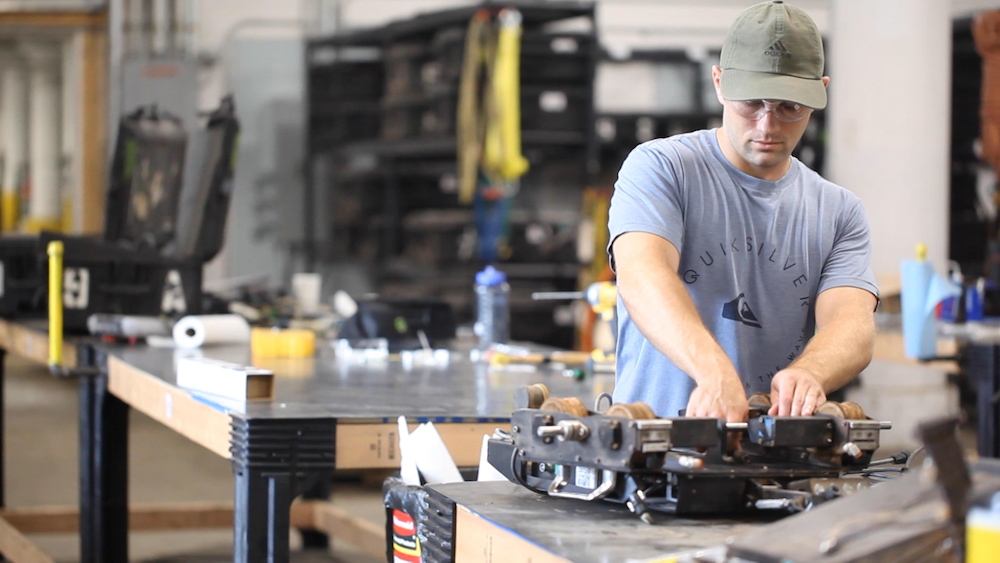
“We needed to get it right the first time to start making the impact that we wanted to make,” said Bryner. “Unfortunately, we had different vendors provide inaccurate quotes and miss deadlines or send subpar parts that we ultimately had to send back. We even blacklisted some of our previous vendors.”
“Fictiv’s platform is able to quote almost instantaneously, which allows us to make quicker decisions. Their feedback even helps us evaluate whether or not we need to make a quick change to our design.”
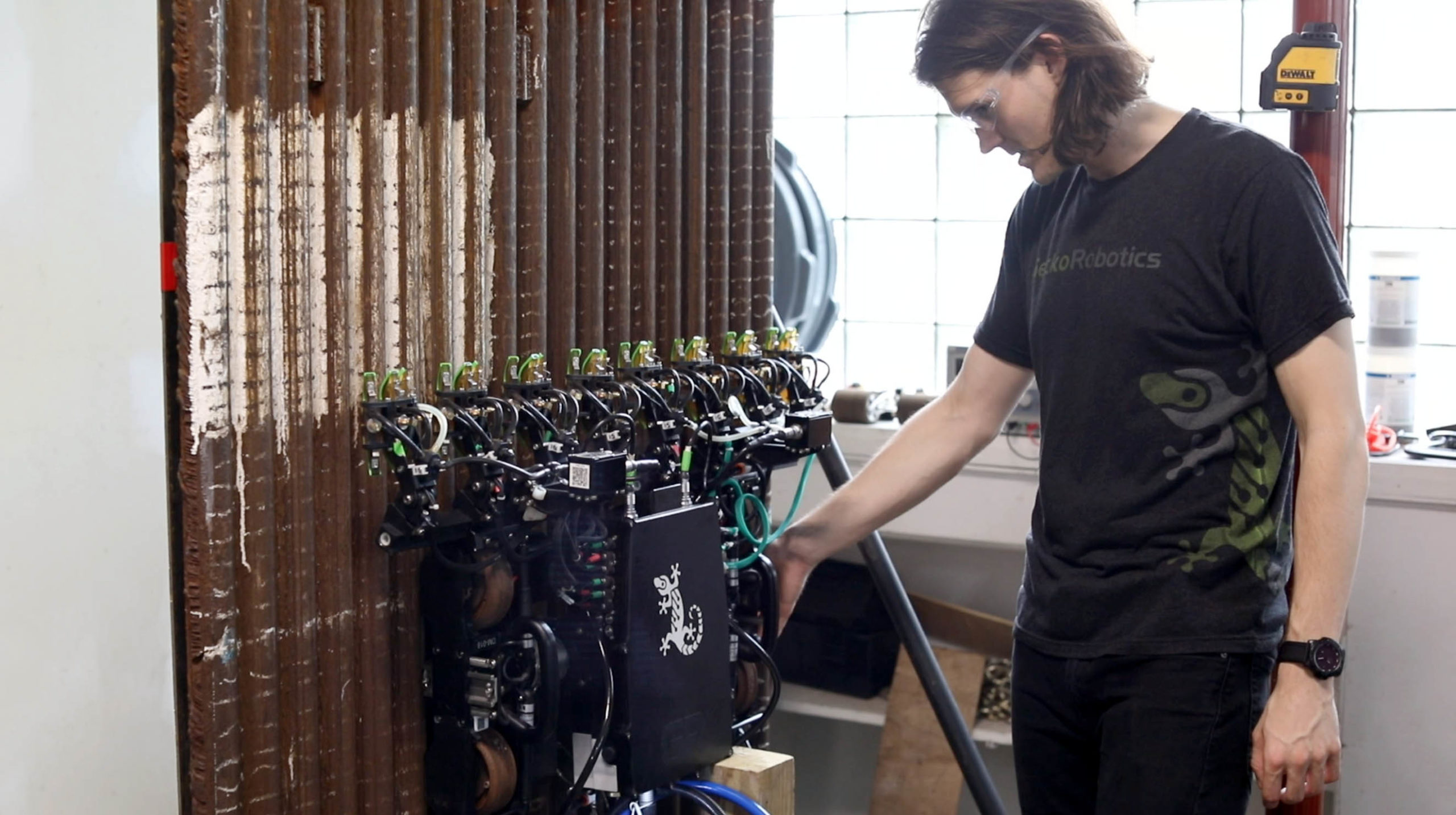
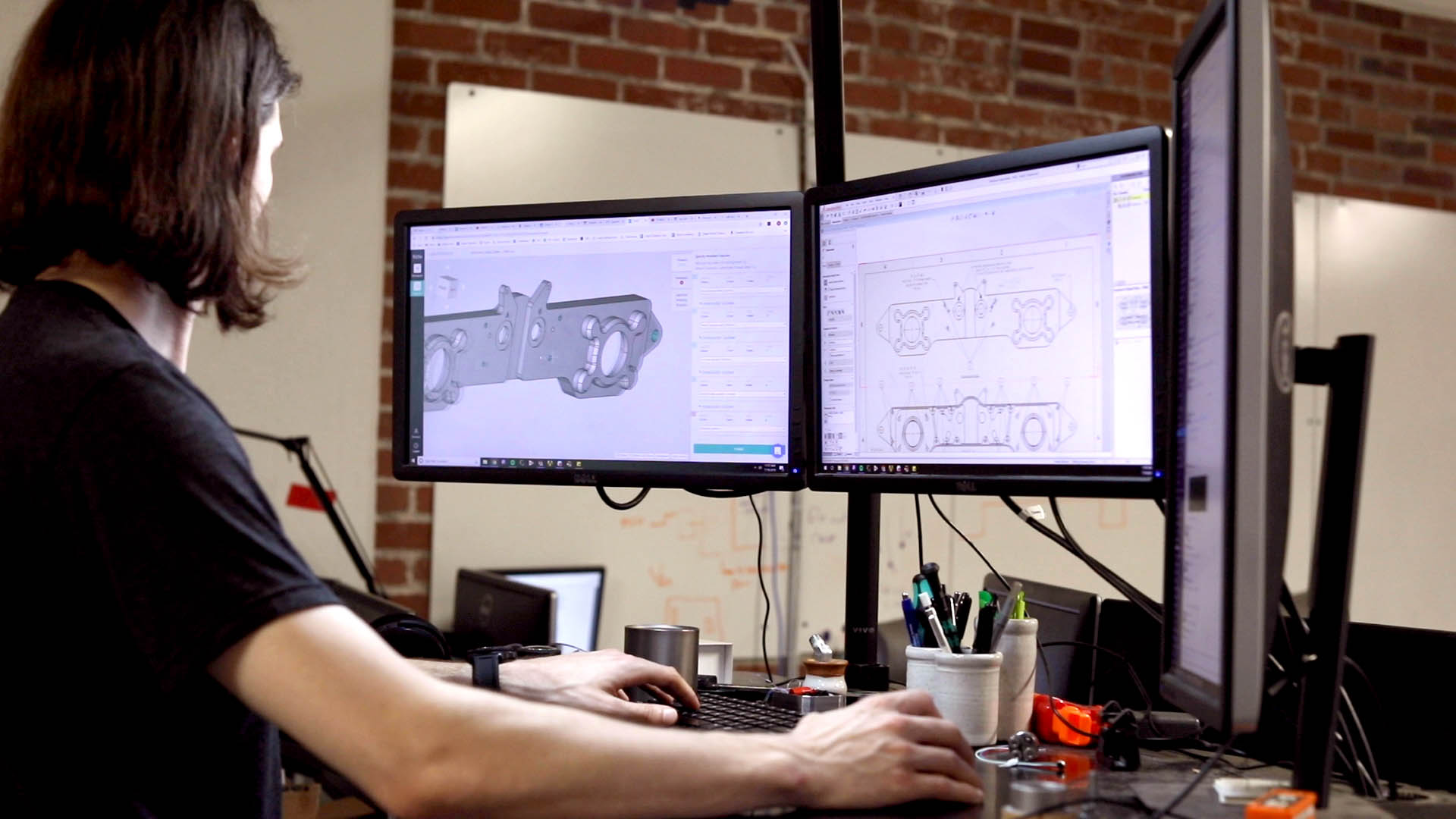
After partnering with Fictiv, Gecko Robotics has seen countless changes in how they order and receive parts. With previous vendors, just getting a quote to begin was difficult.
“We’d send in for a quote, and we’d be waiting up to a week to get something back,” said Bryner. “Fictiv’s platform is able to quote almost instantaneously, which allows us to make quicker decisions. Their feedback even helps us evaluate whether or not we need to make a quick change to our design in order to help our robots come to life faster and more effectively.”
Scaling into Production
“Our robot is not a simple machine – it has a lot of unique and high tolerance parts. Finding a trustworthy partner that can make those parts reliably and quickly has been extremely helpful.”
The partnership between Fictiv and Gecko Robotics has extended beyond just prototype designs as well. Once Bryner and his team decide that a part design will work on more than one of their robotic platforms, they start to scale to production through the Fictiv platform without worry.
“The quality and speed have never lacked, and that’s one of the things we’re really excited about with Fictiv,” Bryner said.
For Dillon Jourde, a mechanical engineer at Gecko, working with Fictiv has changed the way he works.
“Our robot is not a simple machine – it has a lot of unique and high tolerance parts,” said Jourde. “Finding a trustworthy partner that can make those parts reliably and quickly has been extremely helpful.”
Building a Better Industry
But for Gecko Robotics, it’s more than just efficiency improvements and cost savings for their customers.
Typical inspections require scaffolding to be built in order for humans to scale and report on assets. Often, the scaffolding built extends several stories into the air, which can create an unstable and unsafe environment for human inspectors.
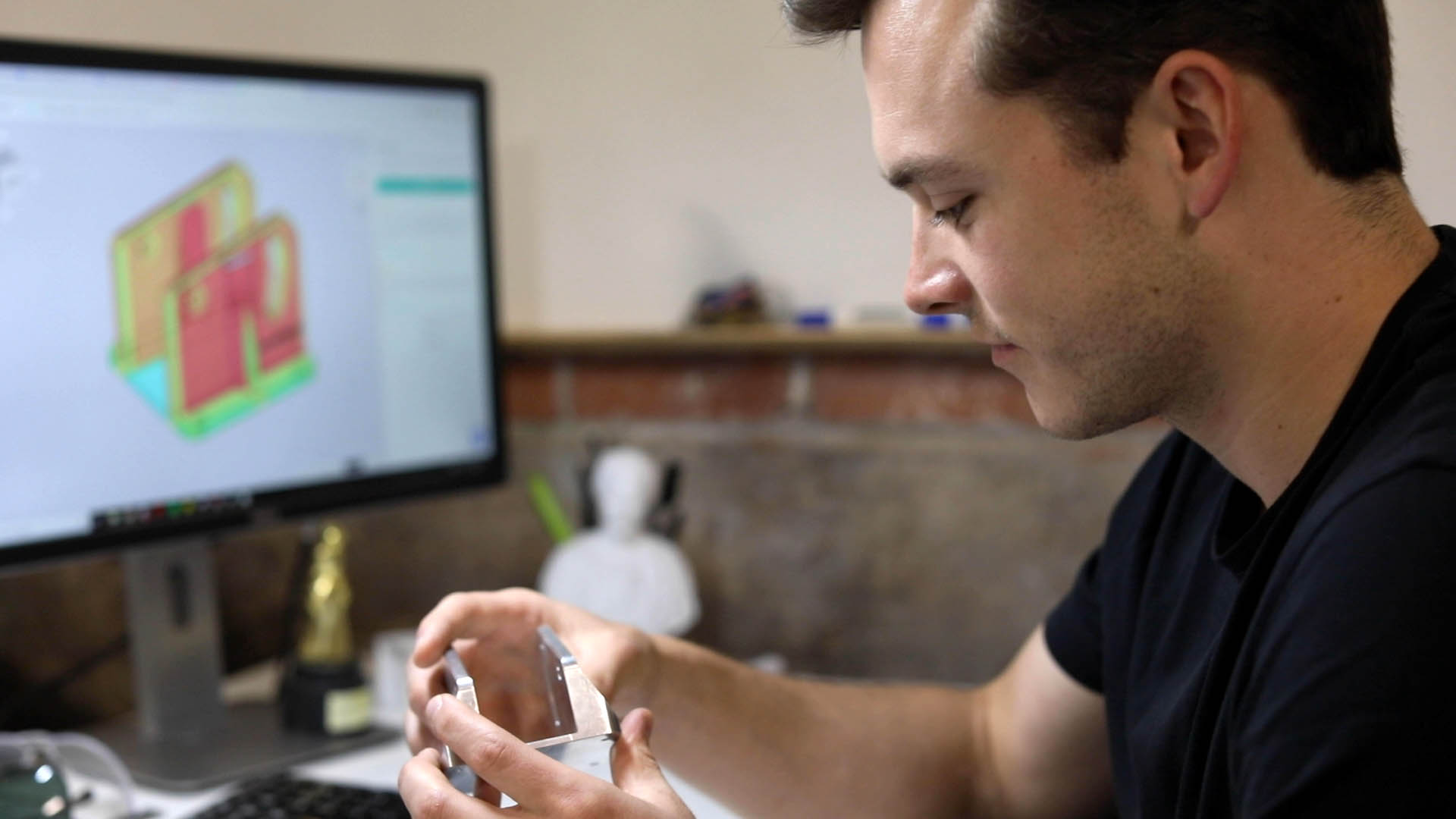
“There are lives that get lost in this industry, whether it’s somebody falling off of scaffolding, or something falling onto them,” said Bryner. “It’s a real problem. With a Gecko Robotics system, we’re able to collect more data, do it safer, and do it faster. That’s really how we’ve started to make an impact on this industry.”

